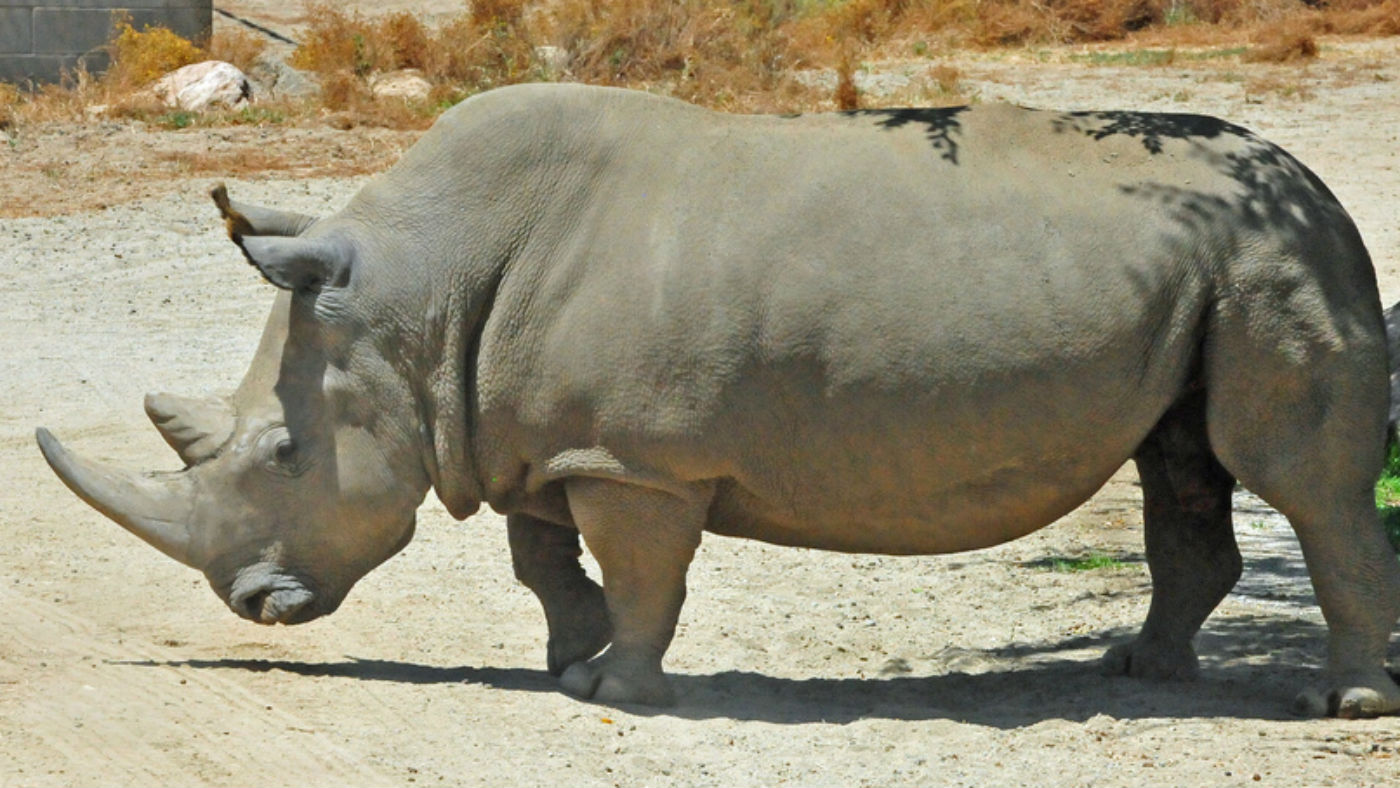Can test-tube rhinos save dying species?
Scientists hope to prevent northern white rhino from becoming extinct using IVF techniques

A free daily email with the biggest news stories of the day – and the best features from TheWeek.com
You are now subscribed
Your newsletter sign-up was successful
The northern white rhino may be saved from extinction using in-vitro fertilisation (IVF) techniques, a groundbreaking new study has found.
A team of international scientists have managed to extract stem cell lines from southern white rhino embryos, a closely related subspecies to the northern white rhino, to develop hybrid rhino embryos, or “test-tube rhinos”, reports CNN.
“It shows for the first time that modern technology can offer some options for conservation when the situation gets very bad, when species become endangered, such as the case of the northern white rhino,” says Cesare Galli, one of the researchers, who have published their findings in the journal Nature Communications.
The Week
Escape your echo chamber. Get the facts behind the news, plus analysis from multiple perspectives.

Sign up for The Week's Free Newsletters
From our morning news briefing to a weekly Good News Newsletter, get the best of The Week delivered directly to your inbox.
From our morning news briefing to a weekly Good News Newsletter, get the best of The Week delivered directly to your inbox.
The northern white rhino is the most endangered animal in the world, with just two females remaining, both of them infertile. The last male rhino, Sudan, died in March in Kenya, reports The Guardian.
Efforts have been made in the past to create a sustainable northern white rhino population, through both natural breeding programmes and artificial insemination, but were unsuccessful.
The international team believes that assisted reproduction technologies used for other large mammals, including horses and cows, could be transferred to the surviving northern white rhinos as a way of boosting their reproductive capacity.
Using similar techniques, the scientists were able to fertilise southern white rhinoceros eggs taken from different females in European zoos with sperm previously taken from northern whites and frozen, creating hybrid embryos.
A free daily email with the biggest news stories of the day – and the best features from TheWeek.com
This is the first time the procedure had been attempted among northern and southern white rhinos. The embryos have been frozen for possible implantation.
“What we’ve done is very similar to what’s done to couples with fertility problems,” Galli said. “We’ve made a test-tube rhino.”
The scientists hope their carefully developed method of assisted reproduction could work with eggs harvested from the two remaining northern rhinos. Alternatively, it might be used to create a population of hybrid rhinos - both southern white and northern white rhinos.
Embryo transfer has never been accomplished in rhinos, according to Terri Roth, Cincinnati Zoo’s vice president of conservation and science, who was not involved in the study.
But if completed successfully to create hybrid rhinos, several generations of intensive interbreeding would dilute out the southern white rhino genes, “getting us to the point where we basically have a 99% northern white rhino”, says Roth.